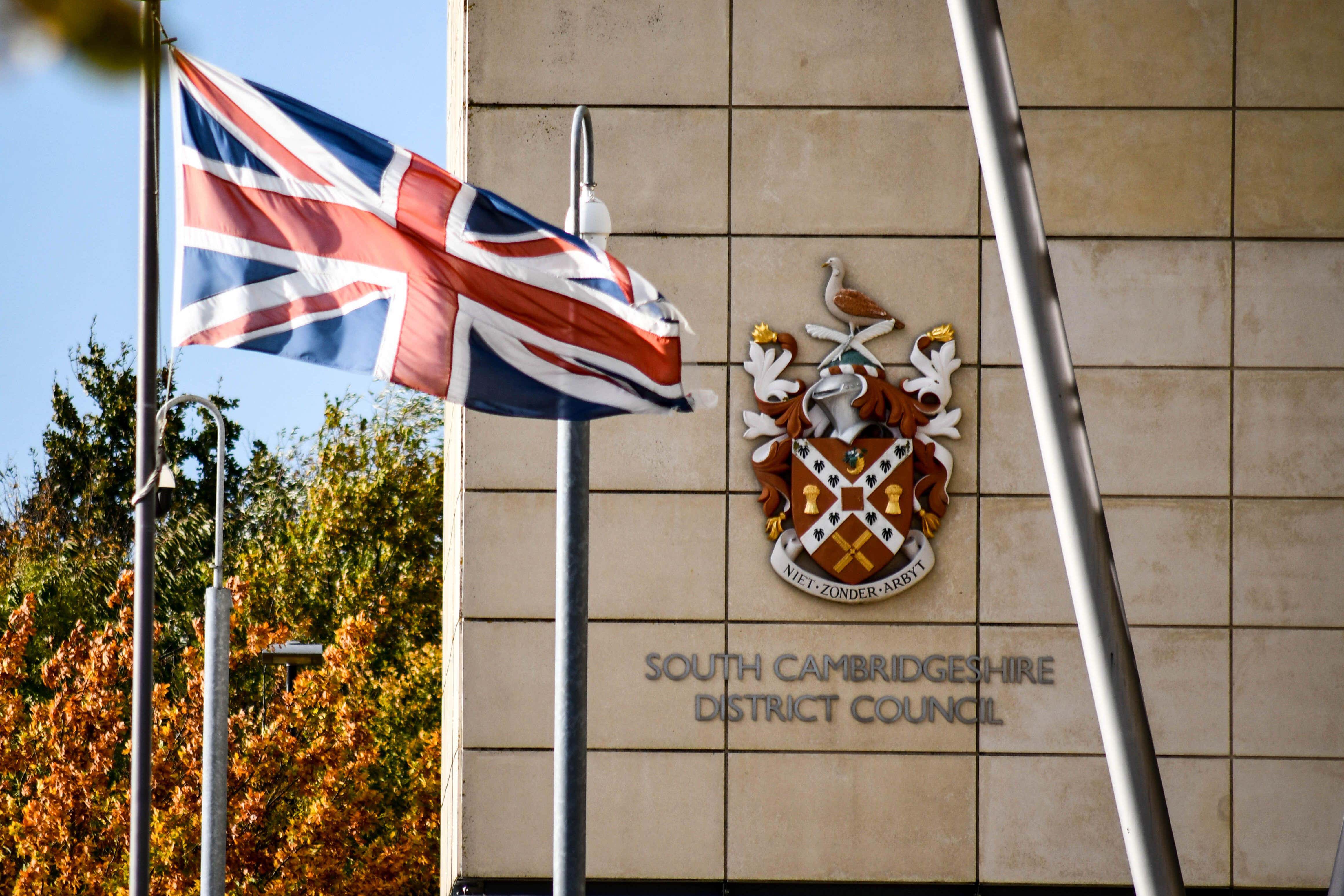Four-day week council reports improvements amid Government pressure
South Cambridgeshire District Council has defied orders to end the pilot which a report suggests is improving staff performance.

Your support helps us to tell the story
From reproductive rights to climate change to Big Tech, The Independent is on the ground when the story is developing. Whether it's investigating the financials of Elon Musk's pro-Trump PAC or producing our latest documentary, 'The A Word', which shines a light on the American women fighting for reproductive rights, we know how important it is to parse out the facts from the messaging.
At such a critical moment in US history, we need reporters on the ground. Your donation allows us to keep sending journalists to speak to both sides of the story.
The Independent is trusted by Americans across the entire political spectrum. And unlike many other quality news outlets, we choose not to lock Americans out of our reporting and analysis with paywalls. We believe quality journalism should be available to everyone, paid for by those who can afford it.
Your support makes all the difference.A council under fire from the Government for piloting a four-day working week on full pay has reported improvements in staff performance and wellbeing.
Liberal Democrat-run South Cambridgeshire District Council, which is looking to continue a planned extension of the pilot until March despite Government officials ordering it to end, found rates of staff turnover and vacancies had dropped.
A report on progress since the start of the trial in January presented to the council’s employment and staffing committee on Thursday showed the number of agency staff covering vacancies had reduced from 23 to nine, providing a projected saving of £776,000.
Staff turnover reduced by 36% and sickness rates fell by 33%, while significant improvements were reported in the mental and physical health of employees.
The nine to five, five-day working week is outdated and no longer fit for purpose
Complaints to the council reduced by 2.5% and there was no worsening in the performance of any council service, the report said.
After the trial was extended to waste services in September, bin collection rates have hit or exceeded a target of 99.70% across nearly 130,000 in south Cambridgeshire and Cambridge.
Last month the Government said councils pursuing a four-day working week are “on notice” and should “cease immediately”.
The Department for Levelling Up, Housing and Communities said it is exploring measures to “ensure that the sector is clear” that the practice should not be adopted, according to new non-statutory guidance.
The department recently issued a best value notice to South Cambridgeshire in an escalation of its demand that the council cease the trial.
The formal warning, which is normally issued when a serious financial or governance issue comes to light, said the council would be monitored on a weekly basis if it continued the pilot.
Introducing the guidance, local government minister Lee Rowley said: “In normal circumstances, the Government of course respects the right of councils to make their own decisions on key issues.
“There are also times, however, when Government deems it proportionate to step in to ensure that residents’ value for money is protected.
“The issue of the four-day working week is one of those times.”
Addressing the council committee on Thursday, Jeff Membery, head of transformation, human resources and corporate services at South Cambridgeshire District Council, said: “Overall the data shows that job retention has improved, recruitment has improved, health and wellbeing has improved, whilst performance has been at least maintained.”
Joe Ryle, director of the 4 Day Week Campaign, said: “Critics of the four-day week said it could never apply to blue collar workers but these very positive results prove it definitely can.
“The nine to five, five-day working week is outdated and no longer fit for purpose.
“We encourage more councils to ignore the Government’s latest guidance and follow South Cambridgeshire’s example.”